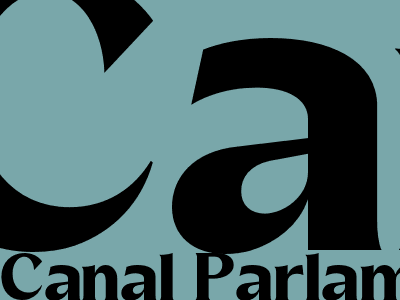Canal Parlament: Unlocking the Secrets of Brazilian Politics
A Comprehensive Guide to Understanding Brazil's Legislative Body
Introduction
Canal Parlament is a crucial institution in Brazilian politics, serving as the legislative body of the federal government. This in-depth guide will explore the history, structure, functions, and significance of Canal Parlament, providing a comprehensive understanding of its role in Brazilian democracy.
Historical Background
Canal Parlament traces its roots back to the 1889 Constitution, which established the Brazilian Republic. The body was initially known as the National Congress and consisted of two chambers: the Chamber of Deputies and the Senate. In 1988, the Constitution was amended to rename the body Canal Parlament, reflecting its evolving role in the country's political system.
Structure of Canal Parlament
Canal Parlament is a bicameral legislature, comprising two chambers: the Chamber of Deputies and the Federal Senate. The Chamber of Deputies has 513 members, popularly elected for four-year terms. The Federal Senate has 81 members, representing the 26 states and the Federal District, also elected for eight-year terms, with one-third of the seats up for election every four years.
Functions of Canal Parlament
Canal Parlament holds significant legislative, oversight, and representative roles in the Brazilian government:
- Legislative: Canal Parlament is responsible for enacting laws, amending the Constitution, and approving international treaties.
- Oversight: The body exercises oversight over the executive branch, summoning ministers and other officials to account for their actions.
- Representative: Canal Parlament represents the interests of the Brazilian people, providing a voice for their concerns and aspirations.
Significance of Canal Parlament
Canal Parlament plays a vital role in Brazilian democracy by ensuring transparency, accountability, and the rule of law. Its legislative functions shape the country's policies, while its oversight authority holds the government to account, preventing abuses of power.
Furthermore, Canal Parlament serves as a forum for political debate and consensus-building, fostering cooperation between different political parties and ideologies. Its representative nature ensures that the diverse voices of Brazilian society are heard and considered in the decision-making process.
Conclusion
Canal Parlament is a central pillar of Brazilian democracy, providing a voice for the people, shaping national policies, and ensuring accountability in government. Its historical legacy, bicameral structure, and comprehensive functions make it a vital institution in understanding the political landscape of Brazil.

Komentar